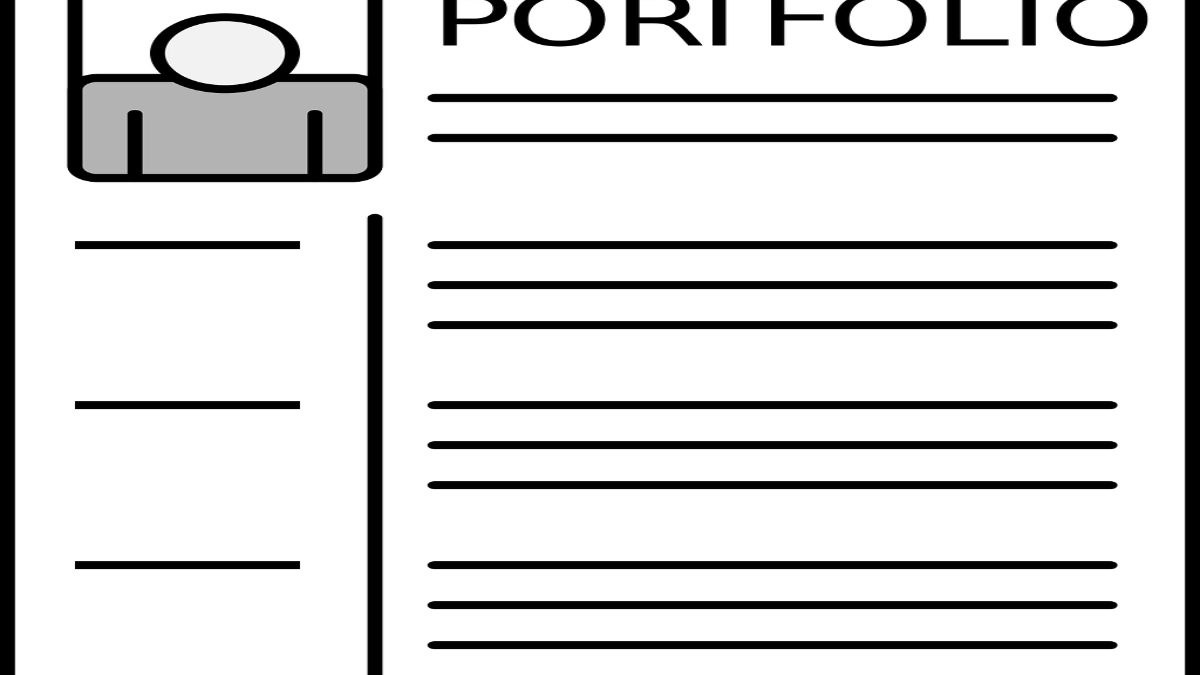Официальный сайт Казино Х сочетает удобный интерфейс и современный дизайн. Если основной сайт недоступен, актуальное зеркало Casino X обеспечит стабильный вход. Здесь вы найдёте слоты, рулетку и множество акционных предложений.
Table of Contents
Summary
A portfolio career is a way to describe a career that includes several related or unrelated jobs. Affectionately referred to as “slashers,” people with portfolio careers can boast various job titles, such as B. Writer/Photographer or Graphic Designer/Stylist.
They also have a variety of job types (full-time, freelance, independent, etc.) and may hold multiple positions simultaneously or at different times. For example, an author could write articles for an online magazine and press releases for a company. Or a labourer has a full-time job as an account manager who pays the bills but doesn’t care enough to indulge his culinary passion with a part-time job as a chef on evenings and weekends.
Benefits Of The Portfolio
While a portfolio career isn’t for everyone, there are many professional and personal benefits to pursuing one.
Work-Life Balance
A person with a career portfolio often has more flexibility in deciding when, where, and for whom they work, which can benefit work-life integration. At the same time, it may sound like freelancing (and it can be), portfolio careers can also include part-time or full-time roles.
Diverse Skill Set
Because a portfolio career exposes you to various fields and positions, you gain many skills and experiences. This unique and diverse experience sets you apart from other job seekers. You will also develop many transferable skills to help you transition from one career to another.
Additional Cash Flow
Whether it’s spending extra money, saving for a big trip, or having multiple sources of income, someone with a portfolio career almost always makes money, even if it’s this is a small job.
Pursuit Of Passion
Perhaps you have several passions and interests that you would like to pursue. Rather than focusing your career development on a single topic, a portfolio career helps you explore your diverse interests and develop multiple talents.
No Commitment Required
For some, long-term commitment isn’t on the horizon, and that’s acceptable. However, a portfolio vocation gives you some of the things an old-style career path provides (experience, work history, income) without requiring you to stay on track until retirement.
Protect Your Future
If the epidemic has taught us anything, it’s that the whole world can change incredibly quickly. A portfolio career helps you develop various skills and experiences that can help you land a new job, regardless of the job market. It can also help you survive any economy. When you have a wide range of experiences, it’s easier to find work in multiple fields, and if you’re laid off or fired from a job, you’ll have other people to support you financially.
Disadvantages Of A Portfolio
As with any career choice, it’s vital to understand some of the downsides of a portfolio career.
Balance Can Be Elusive
While a career in a portfolio can provide you with a work-life balance, every day might not be as balanced as you would like. Depending on your current job, you may work more hours than you would like.
Lack Of Benefits
Again, this may depend on your employment status, but gig workers, freelancers, and part-time workers may not receive benefits (like health insurance or paid time off). They may also have to take care of their taxes.
How To Start Your Portfolio Career
If you decide to pursue a career in a portfolio, plan to ensure a smooth start and continued success.
Know Why You Do It
Understand why you want a career in a portfolio. Is it flexible? Why do you find it challenging to choose a profession? Once you have a good reason for wanting a portfolio career, you can start planning your long-term path.
Define Success
Have a clear idea of what “succeeding” means to you. Will it be when you have acquired specific skills? When can you choose which jobs you accept? Without a precise measure of success, you can rollover and feel unhappy because you don’t know what to do career-wise to achieve success.
Also Read: Customer Relationship Management – Uses, Types And More


